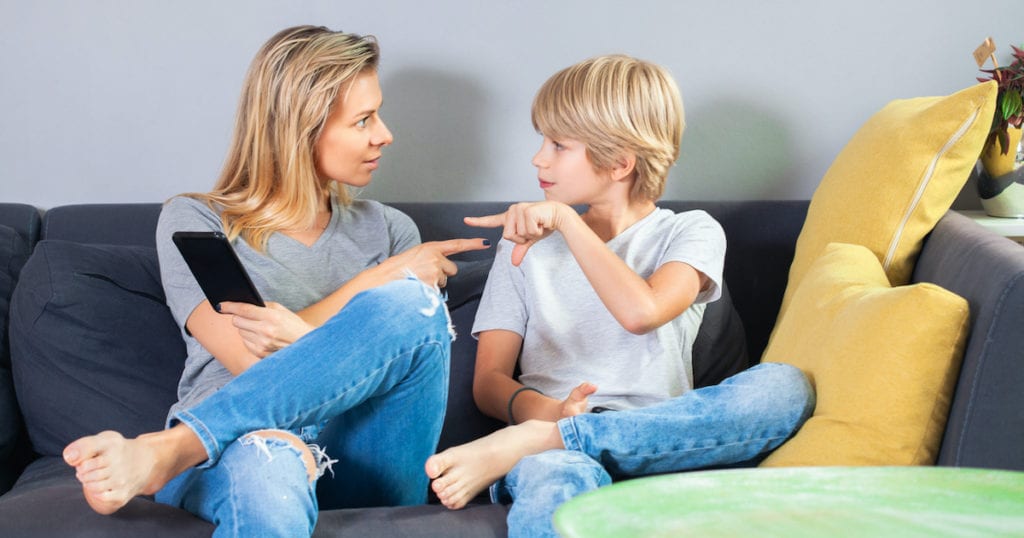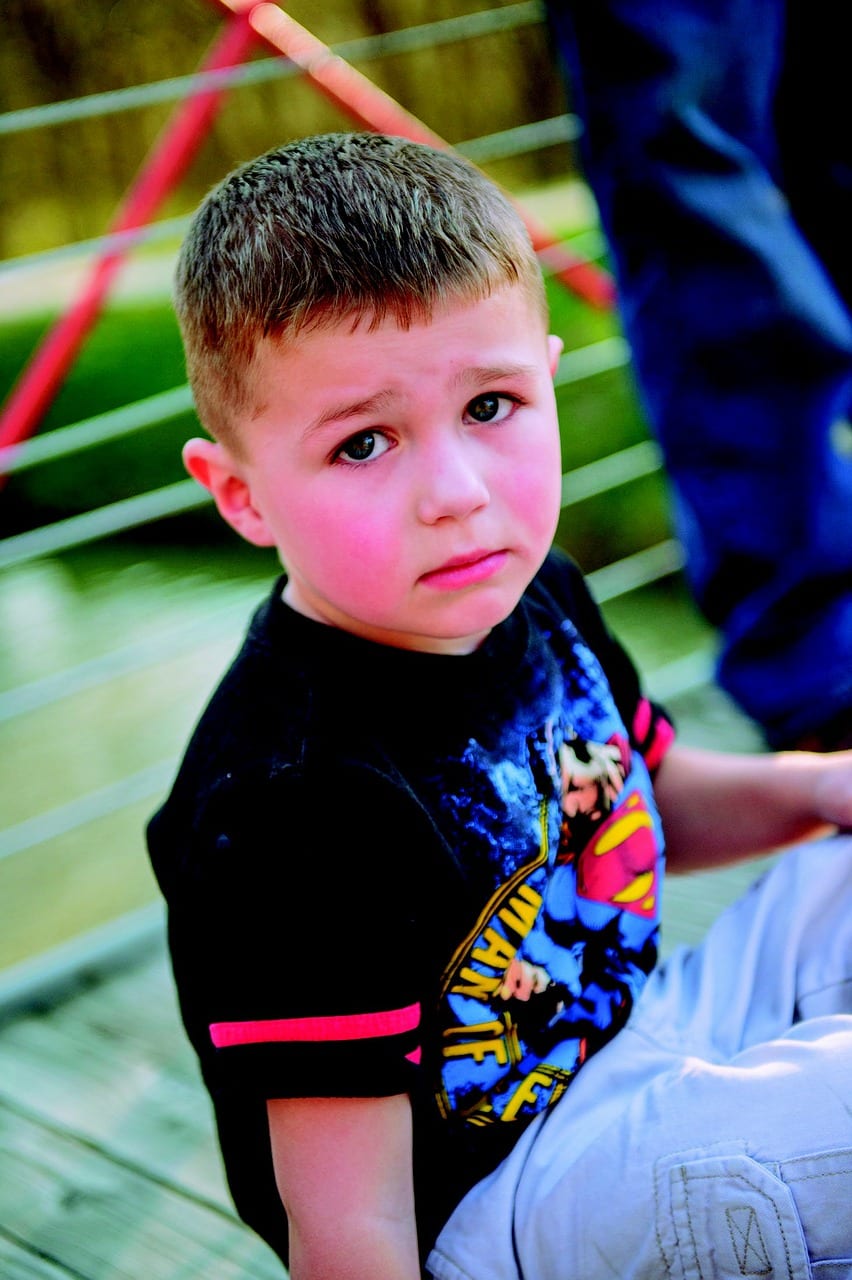In our not-so-finest parenting moments, we can find ourselves resorting to the dubious tools known as the empty promise or hollow threat to control our children’s behavior. It often does the trick. But are they healthy ways to get kids to do what we want them to do?
Not so much.
Telling a child you’re going to take away a prized toy if they don’t behave, or, conversely, promising some kind of outsized prize for good behavior, can erode the trust between you and your kid.

Photo Credit: iStock
Kids are taught from early age to always keep their promises. For an adult to not follow through is a crime against pre-school culture. Worse, children start to think that kind of behavior is actually okay.
Hollow threats are worse because kids learn quickly that rules are flexible in certain situations. Their understanding of the consequences of breaking rules are undermined. This is stressful for the child and can interfere with their self control.
But often, we need something to get our kid’s attention and fast. How else do we get them to snap to at a big family gathering or party?

Photo Credit: Needpix
If your child acts out, as most kids do, when they are hungry, bored, tired, or need attention, address those issues ahead of time. You’ll avoid meltdowns and help your own stress levels too. If you’re calm, that will keep your child cool too.
Worried about a specific reaction to activities, like getting a gift or watching someone else open a gift? Practice a positive reaction at home so your child knows your expectations.

Photo Credit: Pxhere
If the situation does get to a boiling point, remember to empathize with your child before you react. You don’t want to revert back to bad habits and then have to deal with the fallout later.
Absolutely reward good behavior, but use praise instead of an outlandish promise. Tell them you’re proud of them because of the kindness they showed.

Photo Credit: Piqsels
We can all look back on our childhood and remember the promises and threats we got. Yes, a lot of time it worked. But, it also showed us how to be less honest and direct in our own relationships. We can do better and help our kids want to cooperate without the manipulation.
What do you think? Let us know in the comments!

